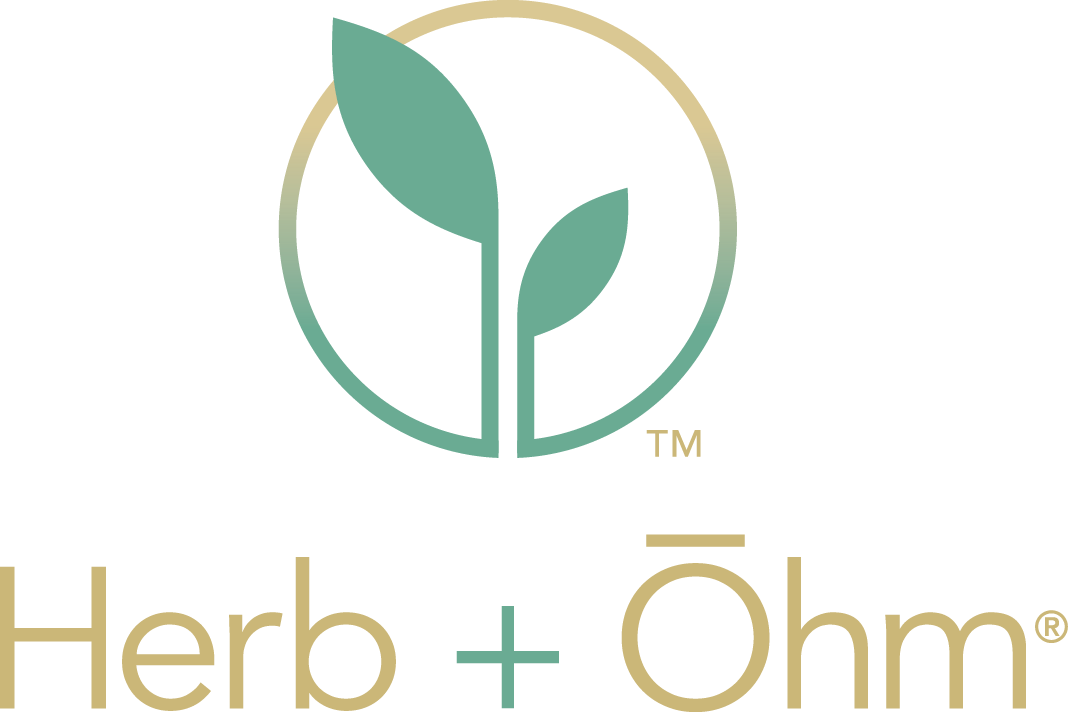Why Women Should Consider Starting Acupuncture in Their Late 30s and Early 40s as Preventative Care for Perimenopause
As women approach their late 30s and early 40s, the natural aging process begins to influence hormone levels, setting the stage for perimenopause. While perimenopause typically begins in the mid-40s, the hormonal shifts that trigger it can start much earlier. This period of transition can bring a range of symptoms that disrupt daily life, from hot flashes and mood swings to sleep disturbances and fatigue. However, starting acupuncture treatments in your late 30s or early 40s can serve as a powerful preventative measure, helping to smooth the transition into perimenopause and eventually menopause. At Herb + Ōhm in Chicago, we help women prepare for this transition with acupuncture treatments customized to their personal health and wellness goals.
Understanding the Early Signs of Hormonal Shifts
Even before the onset of perimenopause, women may begin to experience subtle changes in their bodies. These early hormonal shifts can cause irregular periods, mild mood fluctuations, feelings of heat, difficulty falling and staying asleep, and changes in energy levels. While these symptoms may be mild at first, they can intensify as perimenopause progresses. By addressing these early signs through acupuncture, women can maintain better hormonal balance and mitigate more severe symptoms later on.
The Role of Acupuncture in Preventative Health
Acupuncture, a key component of Traditional Chinese Medicine (TCM), is known for its ability to restore balance and promote the body’s natural healing processes. In the context of hormonal health, acupuncture works by stimulating specific points on the body that influence the endocrine system, which regulates hormone production and balance. By starting acupuncture in the late 30s or early 40s, women can take a proactive approach to their health, preparing their bodies for the changes ahead.
1. Balancing Hormones Before Symptoms Arise
One of the primary benefits of acupuncture as a preventative treatment is its ability to regulate hormones before significant imbalances occur. By targeting acupuncture points related to the endocrine system, practitioners can help maintain steady hormone levels, reducing the likelihood of severe fluctuations that cause symptoms like hot flashes, night sweats, and mood swings. This proactive approach can lead to a smoother, more gradual transition into perimenopause.
2. Supporting Emotional Well-Being
Mood swings, anxiety, and irritability are common emotional symptoms associated with perimenopause. By starting acupuncture treatments early, women can support their emotional well-being long before these symptoms become pronounced. Acupuncture has been shown to influence the body’s production of serotonin and other neurotransmitters that regulate mood. Regular treatments can help stabilize emotions, reduce stress, and promote a sense of calm, making it easier to navigate the emotional ups and downs of perimenopause.
3. Enhancing Energy and Vitality
As women age, it’s common to experience a gradual decline in energy levels. Acupuncture can help counteract this by improving circulation, enhancing the flow of Qi (energy) throughout the body, and supporting the body’s natural energy reserves. By maintaining high energy levels in the late 30s and early 40s, women can enter perimenopause with greater vitality and resilience, reducing the impact of fatigue and other energy-related symptoms.
4. Improving Sleep Quality
Sleep disturbances are a hallmark of perimenopause, often beginning years before other symptoms become apparent. Acupuncture can help improve sleep quality by addressing the underlying imbalances that disrupt sleep patterns. By promoting relaxation, reducing stress, and balancing hormones, acupuncture can help women establish healthy sleep habits early on, making it easier to maintain restful sleep as they approach perimenopause.
5. Supporting Menstrual Health
Irregular periods are one of the first signs of perimenopause, but they can also occur in the years leading up to it. Acupuncture can help regulate menstrual cycles by promoting healthy blood flow and balancing the hormones that govern the menstrual cycle. By starting acupuncture treatments before significant irregularities develop, women can enjoy more predictable, comfortable periods, reducing the likelihood of heavy bleeding or spotting that often accompanies perimenopause.
The Long-Term Benefits of Early Acupuncture Treatment
Starting acupuncture treatments in the late 30s or early 40s is not just about symptom prevention; it’s also about fostering long-term health and well-being. Acupuncture supports overall vitality, helping women maintain physical, emotional, and mental balance as they age. By taking a proactive approach to health, women can enter perimenopause with greater confidence, knowing they have laid a strong foundation for a smoother transition.
While perimenopause is a natural part of aging, it doesn’t have to be a time of discomfort and disruption. By starting acupuncture treatments in your late 30s or early 40s, you can take a proactive approach to your health, addressing potential hormonal imbalances before they lead to significant symptoms. Acupuncture offers a natural, holistic way to support your body’s transition into perimenopause and menopause, helping you maintain balance, vitality, and well-being throughout this important life stage.
If you’re considering acupuncture for perimenopause in Chicago, it’s important to consult with a licensed and experienced practitioner who specializes in women’s health, such as the professionals at Herb + Ōhm in The Loop. Together, you can create a personalized treatment plan that supports your unique needs and helps you navigate the changes ahead with grace and ease. Contact Chicago's leading acupuncture clinic today to book a consultation.
"No more hot flashes. No more night sweats. I noticed an overall uptick in my feelings of well being and balance. I just feel like so much stress was alleviated. I walk out of here seeing the world in a different hue." -Herb + Ōhm Patient

